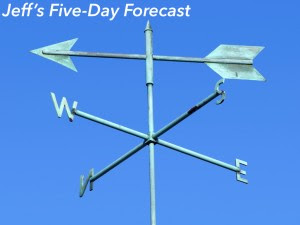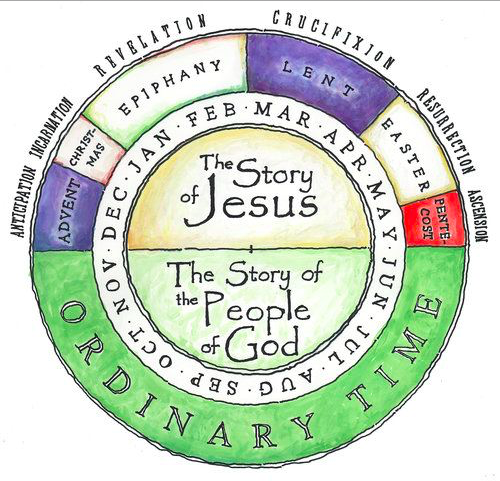There is a photo of my family that I dearly love. I took it some months ago with my iPhone and I rediscovered it when I flipped through the photos on my camera app.
The picture looks like it could be a ‘stock photo’ image that you’d purchase on-line. Better still, it could easily be the fake picture in the frames that you purchase at the store. I mean, it’s a handsome photo. The smiles are wide. Brother and sister have their arms around one another. The lighting is perfect, and the location is exotic. It’s the kind of picture that you post on social media and then immediately expect to be flooded by love and affirmation. The camera captured a perfect moment in the life of our family. Why wouldn’t I want to share it and beam with pride?
Here’s one reason: It’s a lie. You know, a fabrication. A fib. The picture is a flat-out misrepresentation of the facts.
I know this because of a feature on the iPhone called ‘Live Photo.’ When this setting is enabled, the camera will record a few seconds before and after the actual image is captured.
You can see where this is going.
While admiring that lovely photo of our beautiful family, I pressed down on the screen to reveal the few seconds of video that accompanied the image. The revelation made me gasp.
Just prior to the captured image, a stern voice (their identity will be withheld to protect them from scorn or ridicule) could be heard ordering the family into place. A pouty scowl could be seen on the face of one of the aforementioned children, and the other child was making it clear that they did not want to put their arms around their sibling. The other parent (again, their identity will be withheld…oh, whatever. It was Rebecca) was anything but thrilled to be in the photo.
It’s not that the picture isn’t lovely, or that it’s inaccurate. It’s just that there’s more to it than we might realize or remember.
Our memories work like this, too. We have the tendency to remember things wrong. We fail to remember that life isn’t always ‘grins and giggles,’ or that we can be slow to recall the sweet and the good from our pasts. To put it simply, it’s not always terrible. By the same token, it’s not always great.
The space around a moment matters. Context is critical. There are few things in this world that are always as they seem.
On the evening before his death, Jesus commands his disciples to remember him. He takes a snapshot, so to speak. He does so over dinner, associating the crumbling bread with his broken body, and his blood with the wine. In contrast to how many of us might want to be remembered ourselves, Jesus asks that we position him in the neighborhood of trial and suffering.
Why?
Because Jesus wanted to make sure that we received the clearest picture of who he was. He was 'One' who had come to serve and to save. By inviting his disciples to remember him on the eve of his crucifixion, Jesus was asking them to recall the space that had surrounded that moment. That is, to remember Jesus’ sacrifice means that we remember his teachings on love. To recall his miracle-making power means to also remember his humanity. Of all the photos that Jesus might wish to include in the photo album chronicling his life, Jesus selects the one where he is serving us at his table.
The Gospel, and life for that matter, requires perspective. And if we find ourselves hung up on any one particular moment, then wait a few moments. Read on a bit.
And then simply take another photo.











